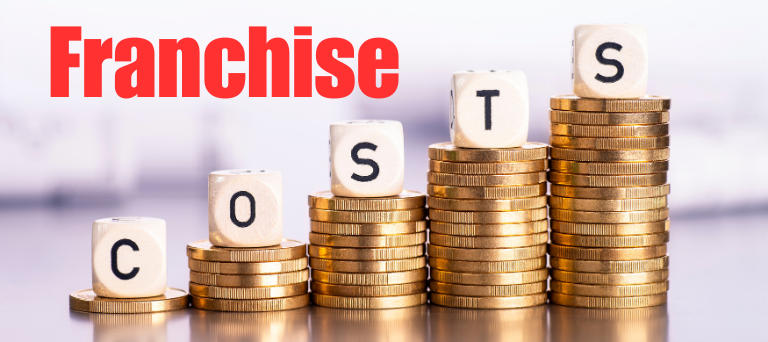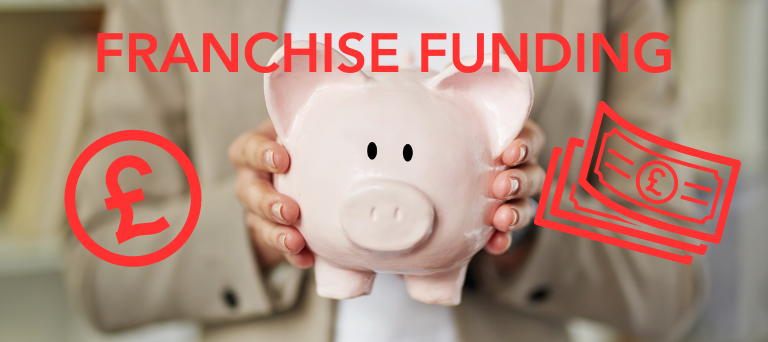If you’ve ever dreamed of being your own boss but don’t know where to start, franchising could be the answer to your prayers! But what exactly is it, and how can you get in on the action? Keep reading to find out!
Franchising is an attractive option for those wanting to become their own boss. It’s a tried and true business model which has been put in place by someone else. In exchange for this, an initial fee and ongoing royalties are paid to the franchisor.
There are pros and cons to franchising and it’s important to do in-depth research and choose the right franchise for you. You need to consider location, the franchisor or franchise system’s track record and the costs involved.
With an increasing number of franchise systems operating in various sectors such as food and beverage, retail and many more, there are plenty of opportunities for new players to enter the market.
Let’s examine the concept of franchising in a bit more detail.
What is Franchising?
Investing in a franchise is like a serious business ownership version of a Choose Your Own Adventure book. Instead of picking a path for a fictional character, you’re picking a path for yourself as a business owner. And instead of just one ending, there are countless possibilities!
If you were to start your own your own business from scratch you would be trying to write the entire book from scratch, but thanks to franchising the book (or ‘blueprint’) is already there to guide you along the way.

The basic idea behind franchising is that you’re using a successful business model that’s already been established by someone else. This can include things like the company’s trade name, branding, products or services, operating methods, advertising campaigns and operating systems.
In exchange for using products and services from this, you’ll pay an initial fee and ongoing royalties to the franchisor (the company that’s selling the franchise). Other ongoing fees may also be incurred. For this you will also get ongoing training and support.
Think of it like buying a house. The franchisor is the seller, and you’re the buyer. The seller is giving you keys to a fully furnished, ready-to-move-in home, built with care and attention to detail. All you have to do is take care of it and make it your own! It’s a ready-made business – you may hear people describe it as a ‘business-in-a-box‘ or ‘turnkey business‘.
The Definition of the Franchising Model
The UK defines a franchise as:
“a business relationship in which the franchisor grants to a franchisee the right to operate a business under a particular brand name and system, usually for a specified period of time, in return for an initial fee and an ongoing payment” (British Franchise Association).
The following key rules must be respected to be considered a “business format franchise” in the UK
Use of a common brand and system
- The franchisor must have established a brand and a system of doing business that has been tested and proven successful
- The franchisor must grant the franchisee the right to use their trademarks, trade names, logos, and other intellectual property.
Payment of fees
- The franchisee must pay an initial upfront franchise fee to the franchisor for the right to operate the business via a license (franchise agreement) that all franchisees must adopt and pay for.
- The franchisee must pay ongoing franchise fees to the franchisor, which may include royalties, national marketing and advertising fees.
Training and support
- The franchisor must provide initial training to the franchisee to ensure they can operate the business according to the system
- The franchisor must provide ongoing support to the franchisee, which may include marketing assistance, operational advice, and other services
Control over the franchisee’s own business
- The franchisor must retain some degree of control over the franchisee’s business, such as by setting operating procedures, quality control standards, and other guidelines
- The franchisor must have the right to terminate the franchise agreement if the franchisee breaches the agreement or fails to operate the business according to the system
Duration of the franchise agreement
- The franchise agreement must have a set duration, which may be renewable
- The franchisor must have the right to terminate the franchise agreement at the end of the term or upon certain specific events
The Right to sell the franchise
- The franchise agreement may grant the franchisee the right to sell to a third party, ideally at a profit
- The sale is made with the benefit of the goodwill derived from developing the business over time
These key rules are what make the foundation of franchise agreements and ensure that:
- a franchise relationship is based on a proven business model
- the franchisor retains some degree of control over the franchisee’s business
- the franchisee receives ongoing support and training to operate the business successfully
At the end of the day, this is a business partnership. Additionally, the franchisor will require you to follow their rules and guidelines, which can be restrictive.
The Pros and Cons of Franchising
As with any business venture, there are pros and cons to franchising.
On the plus side, it can be a great way to start your own business without having to go through the trial-and-error process of starting from scratch. Because the franchisor has already done the hard work of creating a successful business model, you have a greater chance of success.
Additionally, franchisors often provide lots of training and support, so you won’t be completely on your own when it comes to running your business. Plus, the brand and reputation of the franchise can help to attract customers and make your business more successful.
On the downside, franchising can be expensive, and you’ll have to give up some control over your business to the franchisor. Additionally, the franchisor will require you to follow their rules and guidelines, which can be restrictive.
How to Choose the Right Franchise
With so many opportunities available in the franchise industry, how do you know which one is right for you? Here are a few things to consider:
- Location, location, location! Make sure there is a good market for the franchise you’re considering in your area.
- Do your research on the franchisor. What kind of training and support do they offer? What is the franchisor’s track record of success? Do they have a proven business model?
- Consider the costs involved. How much will the initial investment be? What are the ongoing royalties? Are there any other costs to consider?
- Have you done your homework? Make sure you understand the day-to-day operations and skills required.
- Speaking to existing franchisees can be a great way to assess how well the business is doing.
- Perhaps you’re an existing business owner who wants to expand quickly and needs the boost that investing in a franchise business could give?
- It may be necessary to get professional advice if you decide to proceed further with your investment.
Conclusion
In conclusion, franchising can be a great way to start your own business and achieve your business goals. It’s important to do your market research and choose the right franchise opportunity for you. With the right franchisor and location, you could be on your way to creating your very own chain reaction of success!
Please note: None of the above constitutes financial and/or legal advice. We advise people to seek their own professional advice suited to their personal circumstances. You can find franchise specialist legal and accounting services in our directory.






